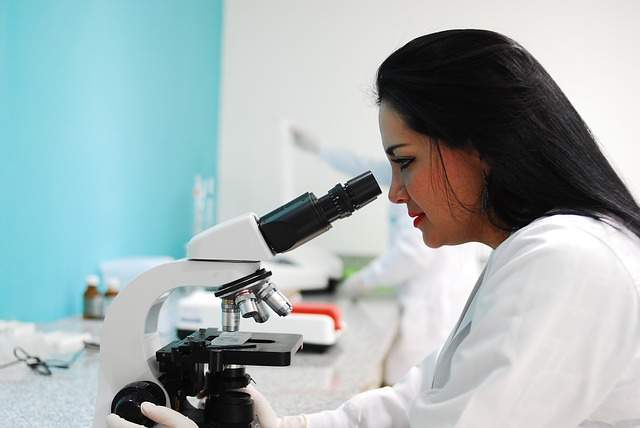
Gene therapy developer Krystal Biotech has submitted an Investigational New Drug (IND) application to the US Food and Drug Administration (FDA), requesting the initiation of a Phase I/II trial of its gene therapy treatment for dystrophic epidermolysis bullosa (DEB).
Krystal’s leading gene therapy candidate, KB103, is currently in preclinical development. A non-replicating, non-integrating modified HSV-1 virus, it stimulates the production of collagen protein by delivering human type VII collagen (COL7A1) genes to dividing and non-dividing skin cells. The treatment is designed to be applied by patients either intra-dermally or topically as needed.

Discover B2B Marketing That Performs
Combine business intelligence and editorial excellence to reach engaged professionals across 36 leading media platforms.
HSV-1, the company’s viral vector, has previously demonstrated efficacy in penetrating skin cells. It can accommodate a large number of genes due to its high payload capacity, while its low immunogenicity makes it a viable option for direct and repeat delivery to the skin.
“KB103 has the potential to become a first-in-class ‘off-the-shelf’ topical gene therapy treatment for DEB,” Krystal chief operating officer Suma Krishnan said.
“It is the result of an extensive research and preclinical effort by our internal team that included engineering, screening and testing a library of in-house constructed vectors and complementing cell lines. This reflects our deep expertise in our proprietary Skin Targeted Delivery Platform (STAR-D).
“As we look ahead, we believe that the productive STAR-D platform and our intent to bring GMP manufacturing in-house by the end of 2018 will support rapid advancement of clinical programs to treat debilitating skin diseases.”

US Tariffs are shifting - will you react or anticipate?
Don’t let policy changes catch you off guard. Stay proactive with real-time data and expert analysis.
By GlobalDataSTAR-D is Krystal’s proprietary gene therapy platform which uses an engineered viral vector and skin-optimised gene transfer technology. The company is currently attempting to harness the platform to create off-the-shelf treatments for dermatological diseases with no current effective medications.
The platform’s ability to modify the HSV-1 virus in the form employed as a gene delivery backbone gives Krystal an advantage over other viral vector platforms in dermatological applications, the company said.
DEB is an incurable, progressive skin disease caused by a lack of collagen protein. In a healthy body, COL7 allows structural adhesion between the epidermis and the underlying dermis. However DEB sufferers have a mutation in COL7’s gene coding, causing the two skin layers to separate and making patients’ skin fragile and prone to blistering or skin loss following even a small knock. In milder cases blistering can be limited to the hands, feet, knees and elbows, while in severe cases the condition can lead to vision loss and disfigurement.
The most extreme form of the disease is recessive DEB (RDEB) caused by null mutations in the COL7A1 gene. Krystal is developing KB103 for the treatment of the broad DEB population, including both recessive and dominant forms of the disease.





